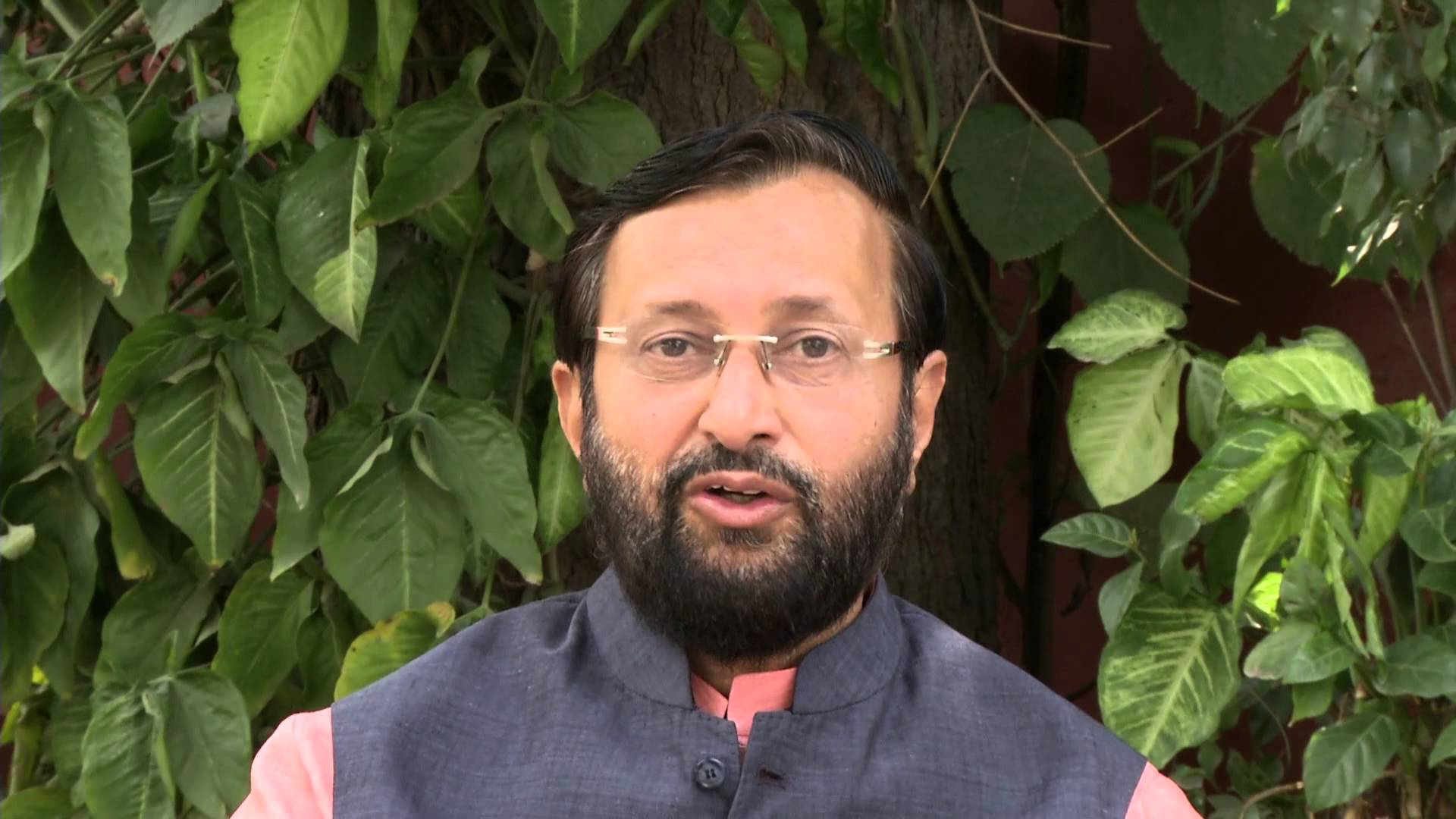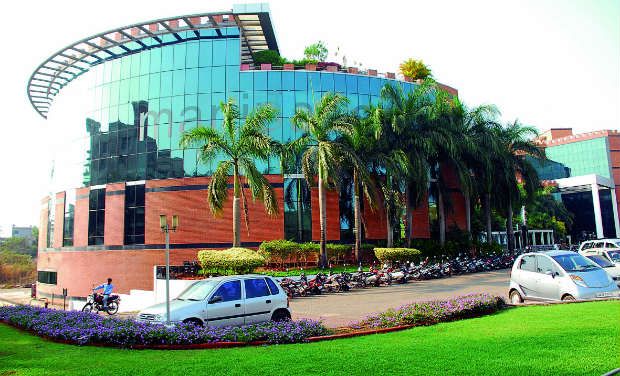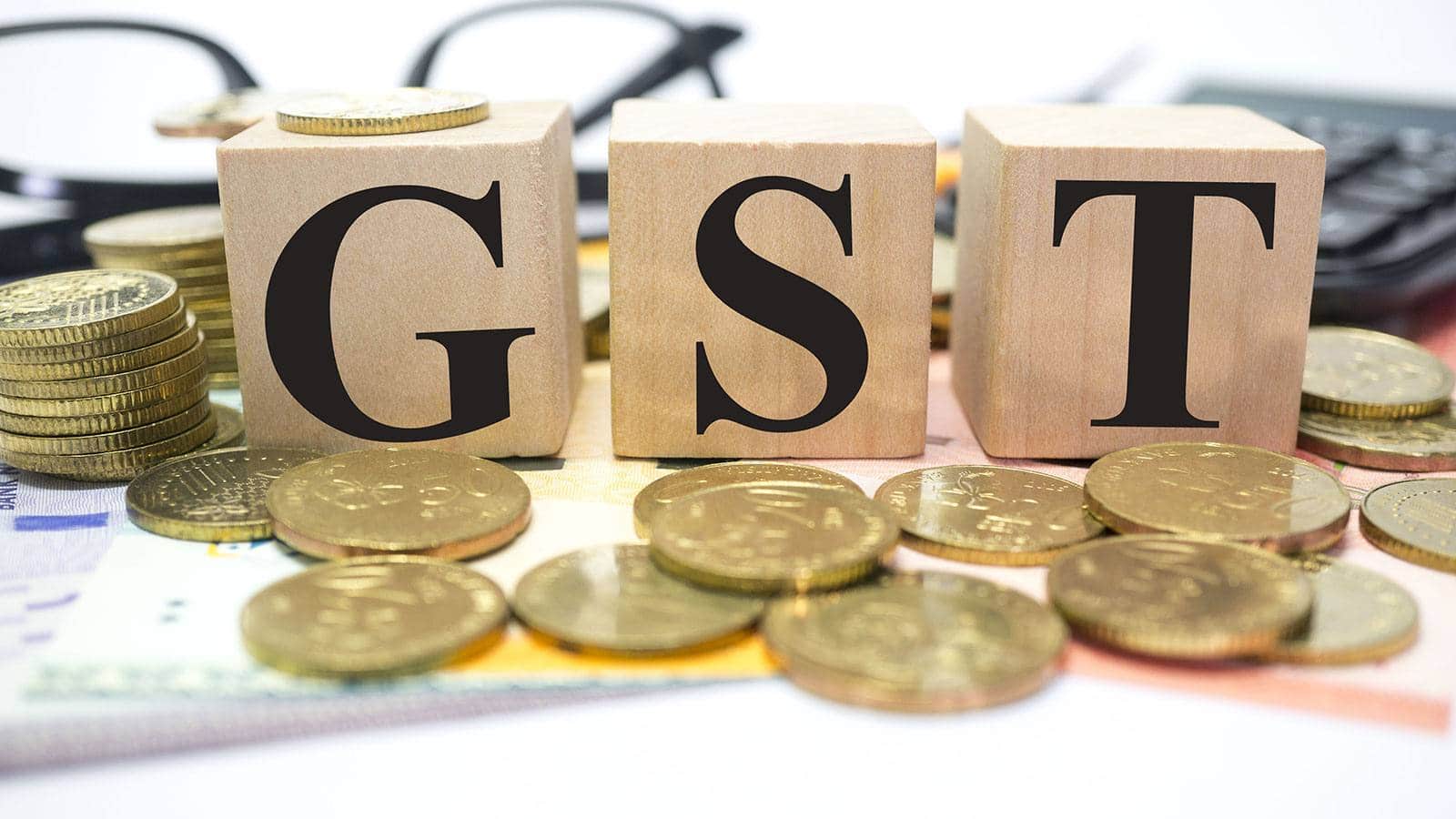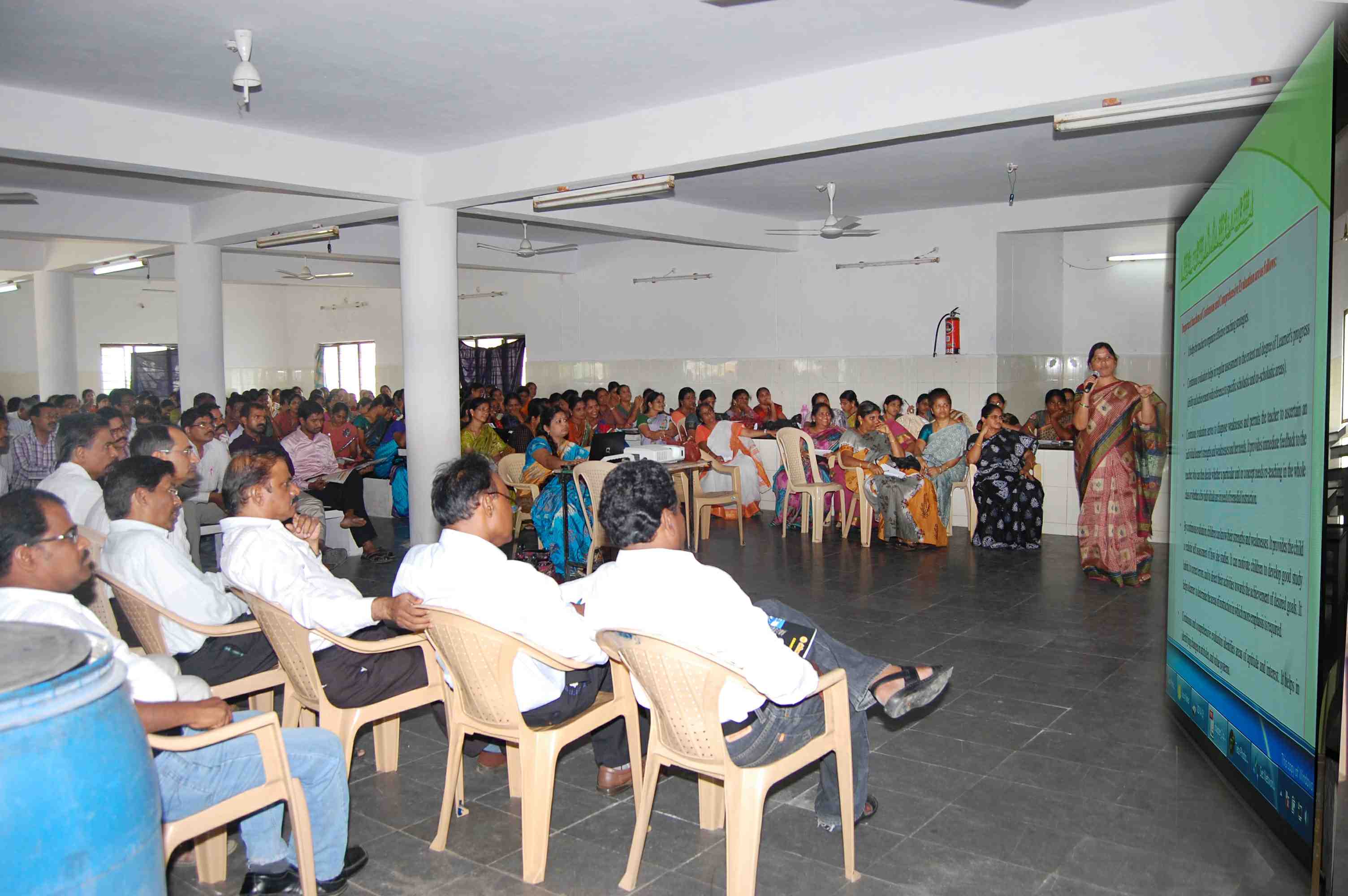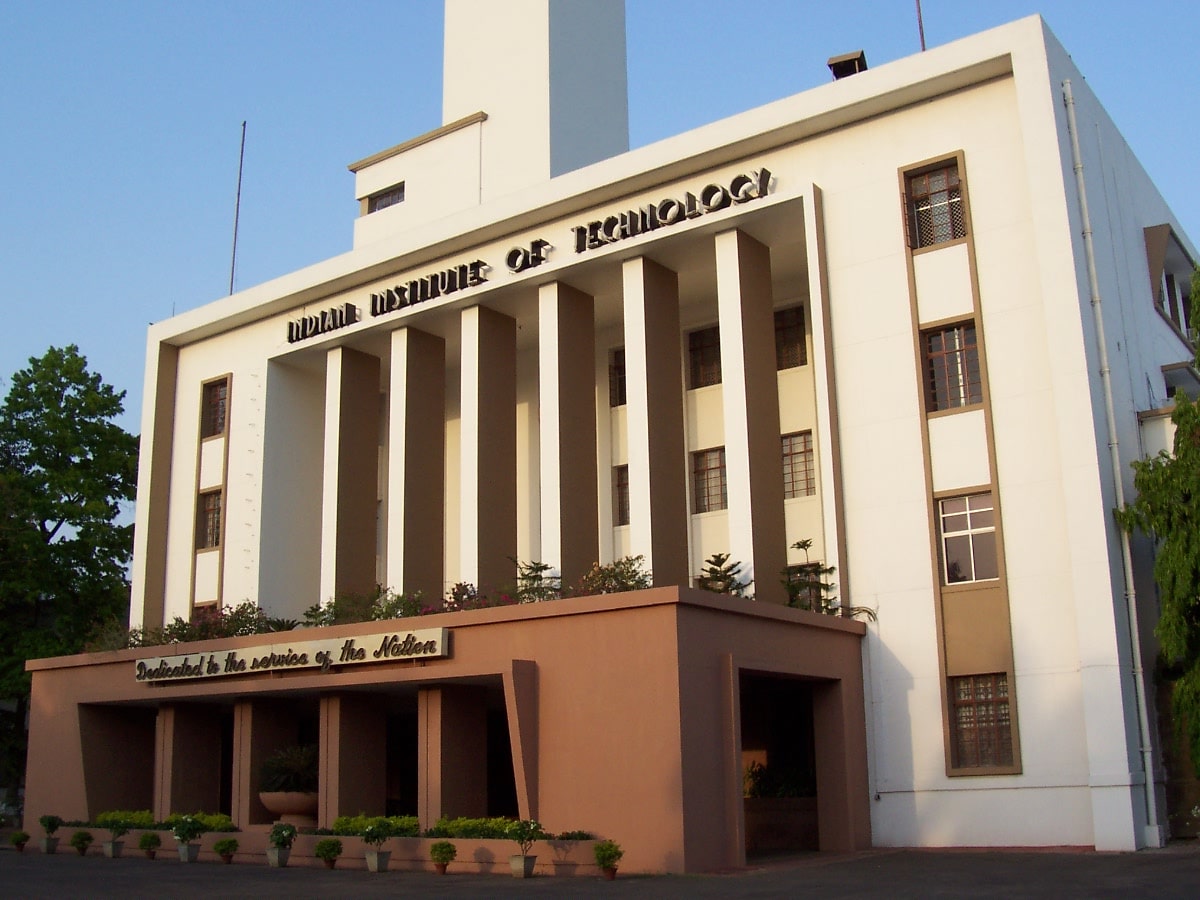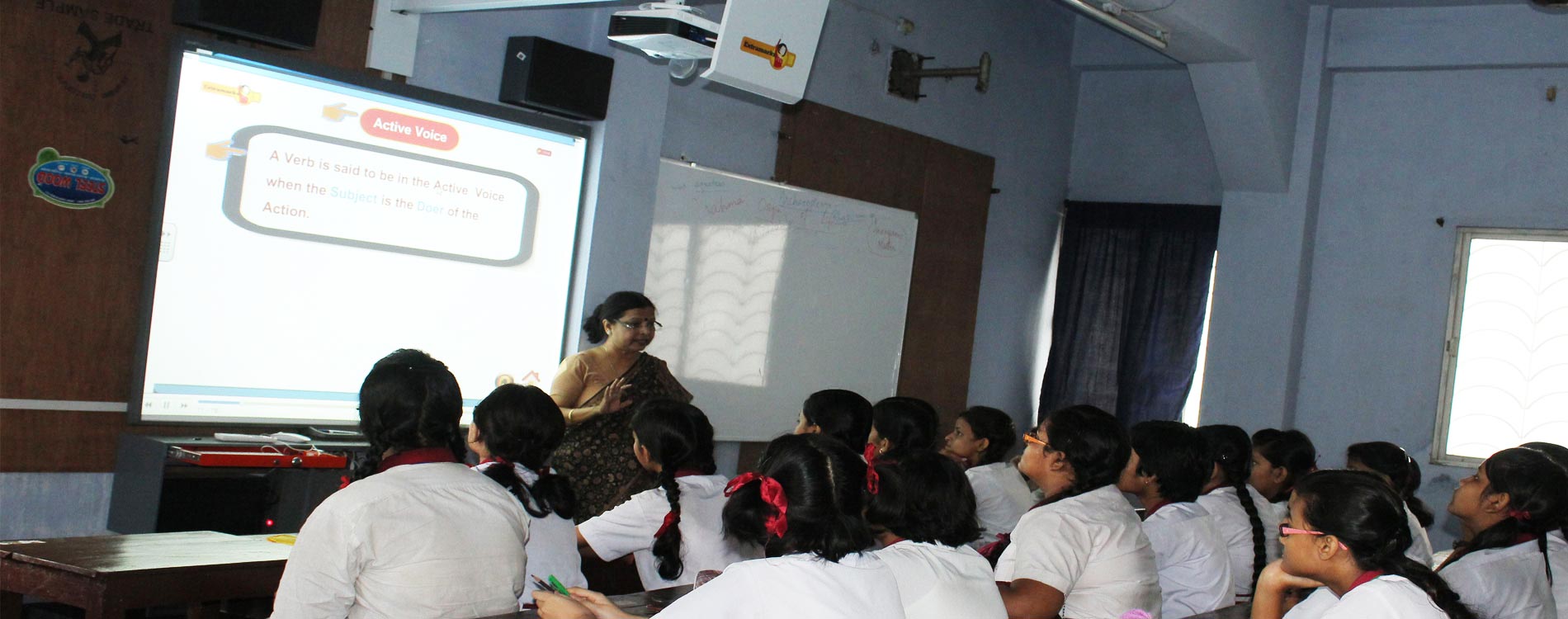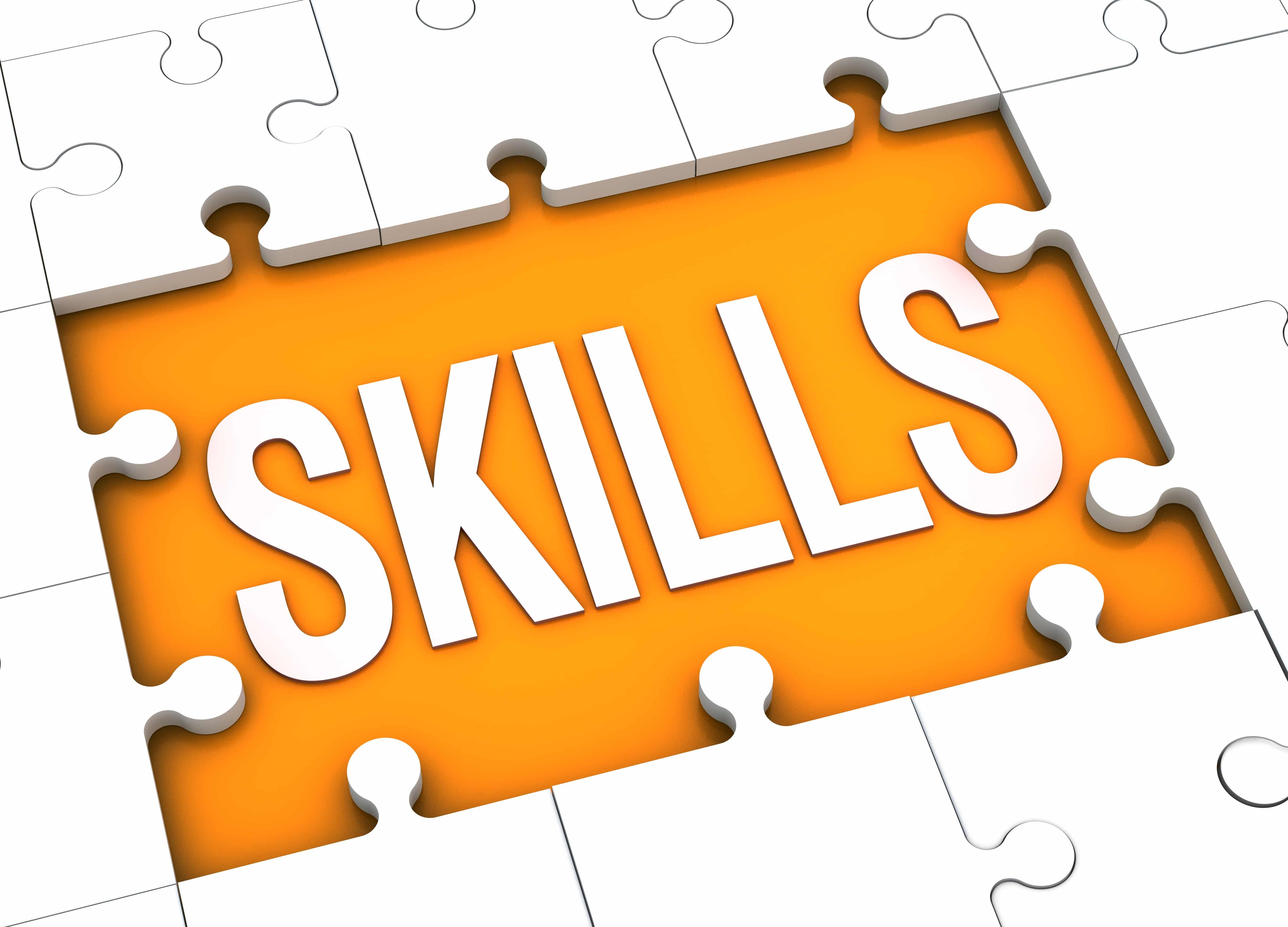In order to transform teaching-learning process across schools and educational institutions, KA EduAssociates facilitates the acquisition of knowledge, skills and attitudes that will and significantly enhance the quality of education inputs as provided by Fatima Agarkar, Educationist and Co-founder, KA EduAssociates, in an interview with Kartik Sharma of Elets News Network (ENN).
What is KA EduAssociate all about?
 It is important to enhance the teaching skills in the educational sphere of our country. The passion and motive to facilitate quality education is only possible with the provision and availability of quality trainers or teachers and that is where our role and experience comes to task.
It is important to enhance the teaching skills in the educational sphere of our country. The passion and motive to facilitate quality education is only possible with the provision and availability of quality trainers or teachers and that is where our role and experience comes to task.
At KA EduAssociates we have various programmes that focus on augmenting the teaching skills for educators wherein every teacher has been trained to impart in accordance to the dynamism and advancement on both micro and macro levels.
The world is rapidly changing, hence it is necessary to use novel skills and technology to go in tandem with the programme. Owing to the ever-evolving industry there is an immediate need to constantly upgrade such programmes with path-breaking strategies. We at KA EduAssociates firmly believe that, whatever we put out in the world will surely shape the world we live in.
The vital concern surrounding the teaching industry is that whether the children are ready to keep up with the pace and dynamism due to the technological advancements in times to come? No. Therefore, our role is to provide potential educators with easier solutions to make their jobs easy. We also have programmes which are online as well as offline apart from face to face interactions and customized workshop for schools. These methods will also help a person to learn these skills through their smartphones at their own convenience in their personal space.
We also aspire to capitalise and focus on Digital India vision and to the remote villages for enabling teachers and students to adopt bet and latest teaching-learning practices. We have also taken initiatives to assess and analyse the results of our execution by conducting parent and children workshops. We have also taken up consulting assignments wherein we are setting up schools in different areas of the country some of which are initiatives under Corporate Social Responsibility (CSR). Our aim is to enhance the level of education by bestowing educators with qualitative training not only for high-end schools or educational institutions but also to the lower levels.
What is the target audience and how are you going to approach them?
We are mainly targeting the Tier-2 and Tier-3 cities. These cities are adoptive towards the technological advancements as the audience encompasses a mass level. There is around 1 percent of audience that lies in the private schools while the rest work in public schools. Our vision is to reach out to these masses with an advanced content.
It is very critical for us to reach out to the masses functioning in public schools because the workforce is going to be from the large audience. We look forward for the audience from ICSC and CBSE schools as they don’t have the tools and time to skill up and that’s where our biggest impact lies. In the coming years we are targetting to create a value addition to the education in schools hrough our initiatives.
In order to improve the learning capabilities among the children, what training methods should be used to empower teachers?
We have to change the traditional methods of telling teachers how to teach? Rather, they must be provided trainings on regular basis to enhance their skills. Teachers must have access to information and time-tested bets strategies followed not only in the country but globally as well. At KA EduAssociates we try and make teaching techniques more application-based and give teachers an opportunity to come up with various strategies to make things simpler for students.
Teacher training is not a one man’s job and it requires research and planning. For example, teaching Maths can be really interesting if teachers use fun and quick methods in the classrooms. Nowadays, we have audio visual component that makes learning a fun element and there is a need for teachers to be constantly updated about how to make learning fun for children. By constantly feeding them with new out-of-the-box teaching ideas can definitely make their job a lot more easy, ultimately benefiting the students.
Do we require a psychological shift or awareness to transform the teaching profession?
I think the education sector is already in a transition state. The government and private schools are following a progressive strategy as far as teachers’ salaries are concerned. People are now considering the profession as a profiting career option and nowadays more people are adopting teaching as a profession. But, it is also important for teachers to be well versed as they will not be judged only on the basis of their students but also on the quality of teaching delivered by them. Being a teacher does not just mean going to a classroom and teaching the syllabus, instead it’s more about inspiring, influencing and upgrading the level of children which will nothing but lend in leveraging a student’s career.
If we talk about cities like Mumbai and Delhi, the salary of the teachers can be higher in renowned schools. However, in Tier 2 and Tier 3 cities, there is a big gap between the salaries of teachers in private schools and government schools, how challenging is it for you to change?
Yes you are right, this is what a lot of schools and institutes come to us for. Low pay scale may be a reason for the declining motivation of teachers. That is why I was talking about quality of teaching. Making a teachers life easier by providing them with tools and strategies will surely affect the performance of students and the strength of the school. That’s exactly what we are trying to target. We are showing the teachers that better performance leads to professionalism, and this in turn leads to better career prospects. In Tier 2 and Tier 3 cities we are hoping to bring about a change similar to the corporate world linking to better remuneration. This is only possible with the support from the management.
What kind of cost-effective modules are being implanted to boost the teachers training at a larger scale?
Our 3 or 6 hours modules are not only theory-based; in fact everything is practical including the case studies and scenarios. After almost 20 years of experience in the teacher training industry we are aware of the pulse of the market. We have tools for every teacher attending workshops. We also have a class for them where all tools are explained, so that they don’t have to worry about the implementation. Cost effectiveness is also an important aspect to consider. Some schools have limited budgets so only a few teachers go out and get trained. They come back and pass that information to rest of the teachers, but may not feel that they are good facilitators as one has to be well skilled for adult learning.
We do the workshops with 30 teachers in a batch. It cost around Rs 15,000 to 30,000 depending on the module they select. If you calculate cost per teacher then it’s a very nominal amount. When management did 3 or 4 workshops with us, they themselves witnessed an immediate impact on students’ performance in the class, this has made them realise that it is very effective for the growth of children. This is where we have gained a tremendous goodwill in the market.
What has been your inspiration?
Statistics state that by the year 2020, the number of teachers will be lesser than the number of schools. The fact really scares me. The thought of teacher-less schools inspired me to take a step towards the education space. Someone has to do something to bridge the gap and we witnessed that there were all theory-based organisations.
Very few are addressing the issue despite their knowledge in the field. My inspiration has really come up from the statistics of 2020. I have been a part of this industry for almost 15 years now. I am responsible for setting up 8 to 12 schools across the country and we know that sometimes we were forced to hire teachers that were not ready to teach even though they came from premier teacher training institutes.
We need MBA graduates, potential lawyers and the engineers to join the teaching profession. The founder of “Teach for America”, Wendy Kopp is also my inspiration. Kopp once said, “I want top professionals to take a 2 years gap time and come and teach primary schools to share their ways of learning with the future of the country. It will help to enhance the quality of the education.”
Have you seen the movie Hindi Medium? What comes in your mind after watching it?
The movie speaks about lots of facts, the methods are a little more systematic but the small towns don’t have that quality. I don’t think our country is in that bad state. It is a movie that is asking questions but it does not capture exactly where our industry is today. I think we are in a better state than the past.
How Ajit Agarkar helps in this initiative?
Part of our inspiration has also been the non-traditional forms of teaching. In fact the whole non-traditional approach to teaching stands from what Ajit told us. Life skills can be explained in a better way if it is in a gaming format or even in cricket. But we don’t think in this way as the subjects need to be taught in their conventional way.
Although he told us we were doing a great job but at the same time he made us aware of the other skills that people really need to acquire. For example, when he first played for India he said he wasn’t ready to answer any interviews because in part of his schooling the focus was never on communication skills. But, nowadays, learners are supposed to speak well, be confident and take prompt decisions.







